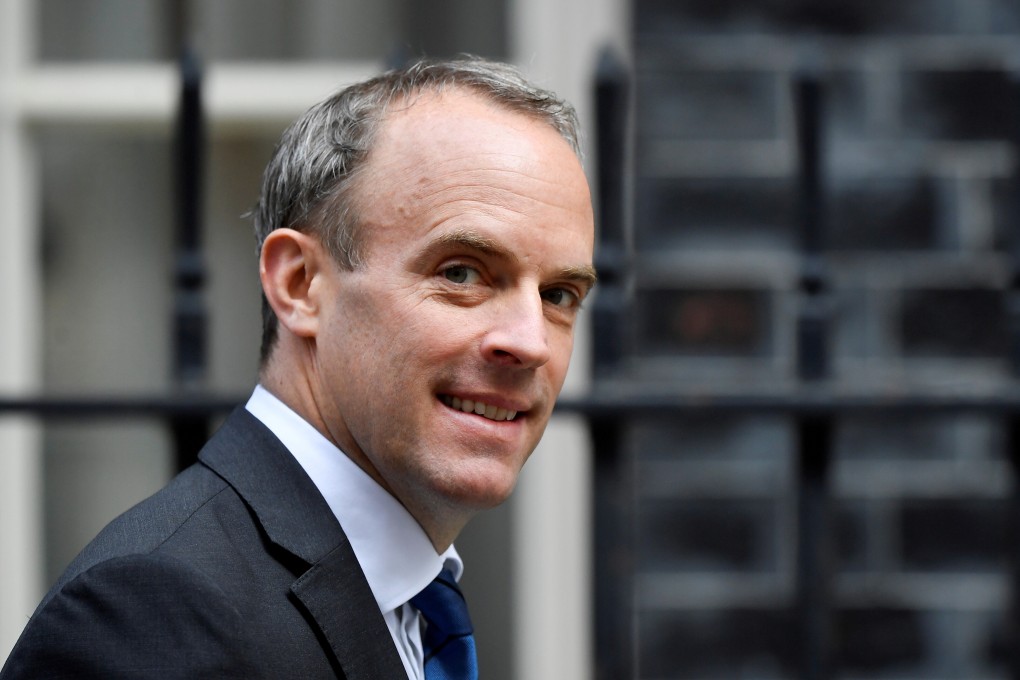Opinion | Why Britain’s foreign secretary is no friend to Hong Kong and the rule of law
- If Dominic Raab is genuinely concerned about the national security law for Hong Kong, he should be encouraging British judges to remain on the city’s Court of Final Appeal so they can help ensure just outcomes

Since 1997, the British foreign secretary has presented a report on Hong Kong to Parliament every six months. Initially, these reports were reasoned and constructive, and generally supportive of the “one country, two systems” paradigm.
When problems arose, they were realistically assessed, and placed in context. With the growth, however, of anti-China sentiment in the West, this balance has disappeared and the reports have become increasingly tendentious and unreliable.
The Joint Declaration said nothing whatsoever about national security, which is unsurprising as it involves China’s own defence interests. Indeed, Britain never proposed, and China never agreed, that Hong Kong would be denied the laws required to defend itself from subversive activities or terrorism, or to protect the nation.
Under China’s constitution, national security is always a matter for the country as a whole, just as it is in Britain, and any attempt to rewrite history is readily foiled by the fine print of the Joint Declaration itself.
